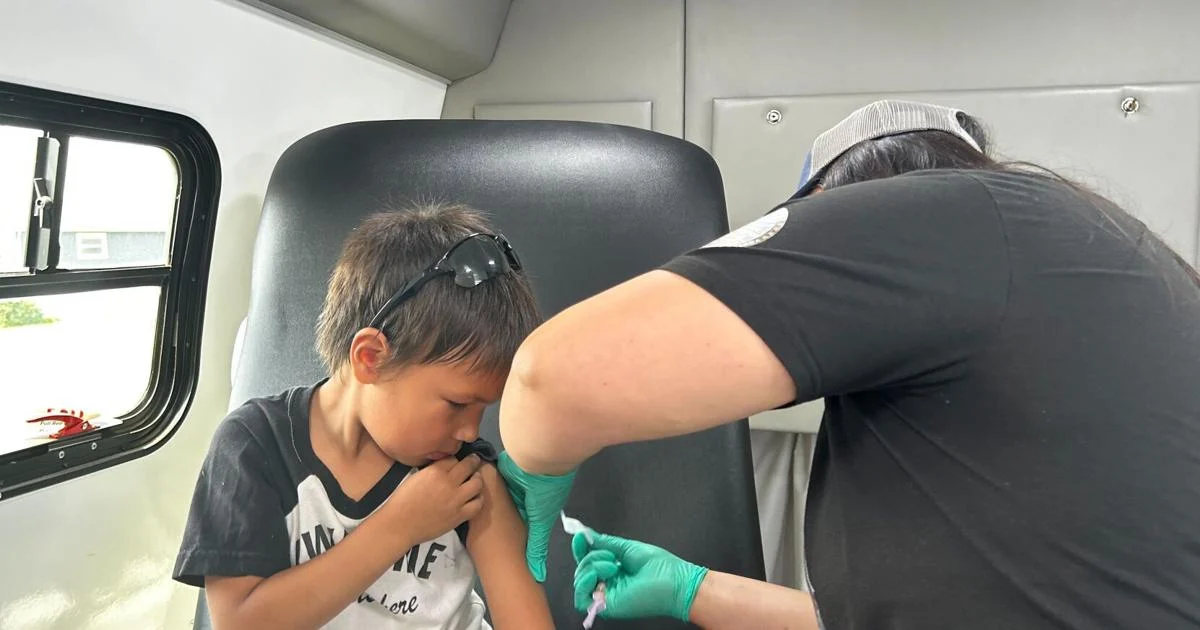Copyright Charleston Post and Courier

As the measles outbreak in the Upstate has grown to 30 people, including eight new cases this week, South Carolina public health officials addressed disinformation and myths contributing to lower vaccination rates, including that it is better to be infected and get immunity that way than get the shot. And as the measles outbreak in the Palmetto State continues to grow and one in Utah and Arizona takes off, the U.S. is closer to losing its status since 2000 of having eliminated measles from circulating in the country. Even before the first cases were confirmed in South Carolina in July, public health officials were watching outbreaks in other parts of the country and anticipating it could happen here, said Dr. Linda Bell, state epidemiologist for the S.C. Department of Public Health. “We most certainly did have response plans already in place before even our imported cases were recognized,” she said. The first three cases, before the current outbreak of linked cases, was recognized Oct. 2, were originally considered on their own and add to the state’s 33 total cases so far this year. As far back as March, Bell and other doctors told The Post and Courier they were concerned about an outbreak in South Carolina and the most likely place would be the Upstate, where vaccination rates have lagged behind other areas of the state. Part of that may be from misconceptions, Bell said. One she addressed is the idea some have that it would be better to let a child get infected and gain immunity that way rather than vaccinating. That is putting people, particularly young children, at risk for severe complications of an infection which can include hospitalization, pneumonia and even death, Bell said. One out of every 20 children infected with measles gets pneumonia, and nearly one to three over 1,000 infected children will die from severe complications, according to the Centers for Disease Control and Prevention. “It's such a serious concern that people may take that risk,” Bell said. The outbreaks threaten to upend the idea that communities no longer have measles viruses floating freely among them. A year of ongoing transmission is all it would take, Bell said. Texas, which still has the largest number of cases at more than 800, recorded its first outbreak cases in late January of this year, according to the Texas Department of State Health Services. South Carolina has sent its samples off for genetic testing to see if it is the same as that or other ongoing outbreak strains. The U.S. is up to 1,648 confirmed infections as of Oct. 28, with 43 outbreaks, including South Carolina’s, CDC said. That is the highest number of measles infections the U.S. has seen since 1992, when there were 2,126, eight years before the elimination was declared. “This is a great concern that we will have lost that huge public health success in eliminating ongoing disease transmission in our communities in the United States,” Bell said.



